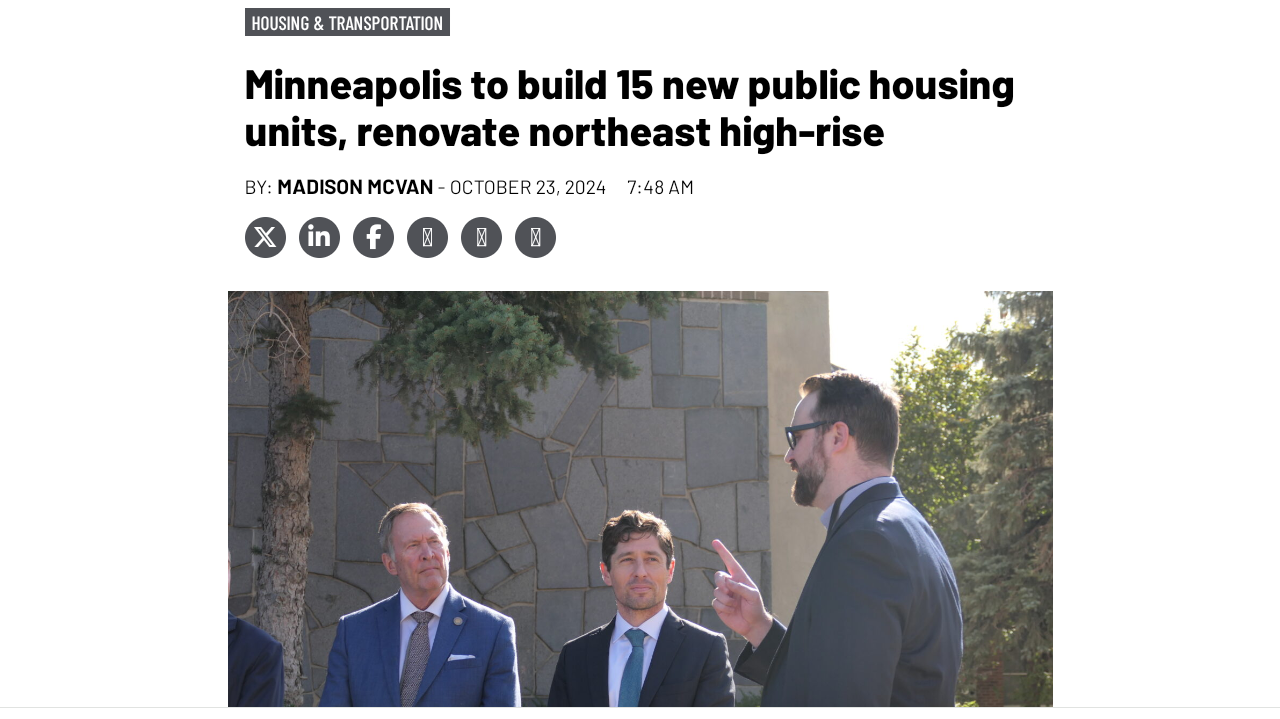
Don’t believe the hype. This article from MN Reformer is a PR piece designed to mislead. The city and MPHA claim they lack funds to repair Section 9 public housing, yet they find public funds to privatize these properties as they claim to make repairs, as seen with the Elliot Twins. Now, the Manor building is the latest Section 9 building set for privatization under the RAD (Rental Assistance Demonstration) program, pushed by the Mayor and city council.
RAD, a federal program lobbied for by the Minneapolis Mayor and City Council, shifts ownership from public to private hands. When the Mayor or city officials use terms like “deeply affordable” housing, they mean privately owned units, not true Section 9 public housing. Over the past two years, city-endorsed policies have led to the privatization, demolition, and displacement of over 736 public housing single-family homes known as scattered sites, using HUD’s Section 18 Demolition & Disposition alongside RAD to facilitate this shift from public to private.
This article misleads by using the term “public housing” in its title but then referring to “affordable” housing—affordable for whom? Section 9 public housing properties are being demolished, rents are rising, and low-income families are displaced, as seen at Elliot Twins. Yet, the Mayor, Rainville, and MN Reformer want you to believe that the Manor building will remain Section 9 public housing, even though it’s being privatized through RAD.
Additionally, they claim that 15 new Section 9 units are being built. In reality, these units are not public housing—they are “affordable” units with market-rate rents, controlled by private entities under the guise of affordability, benefiting developers, banks, and corporate nonprofits, not low-income families.
Ask your council members—especially those endorsed by TC DSA who pledged to halt RAD and Section 18—why they are allowing these programs to privatize, demolish, and displace low-income families, seniors on fixed incomes, and people with disabilities across Minneapolis right now.
